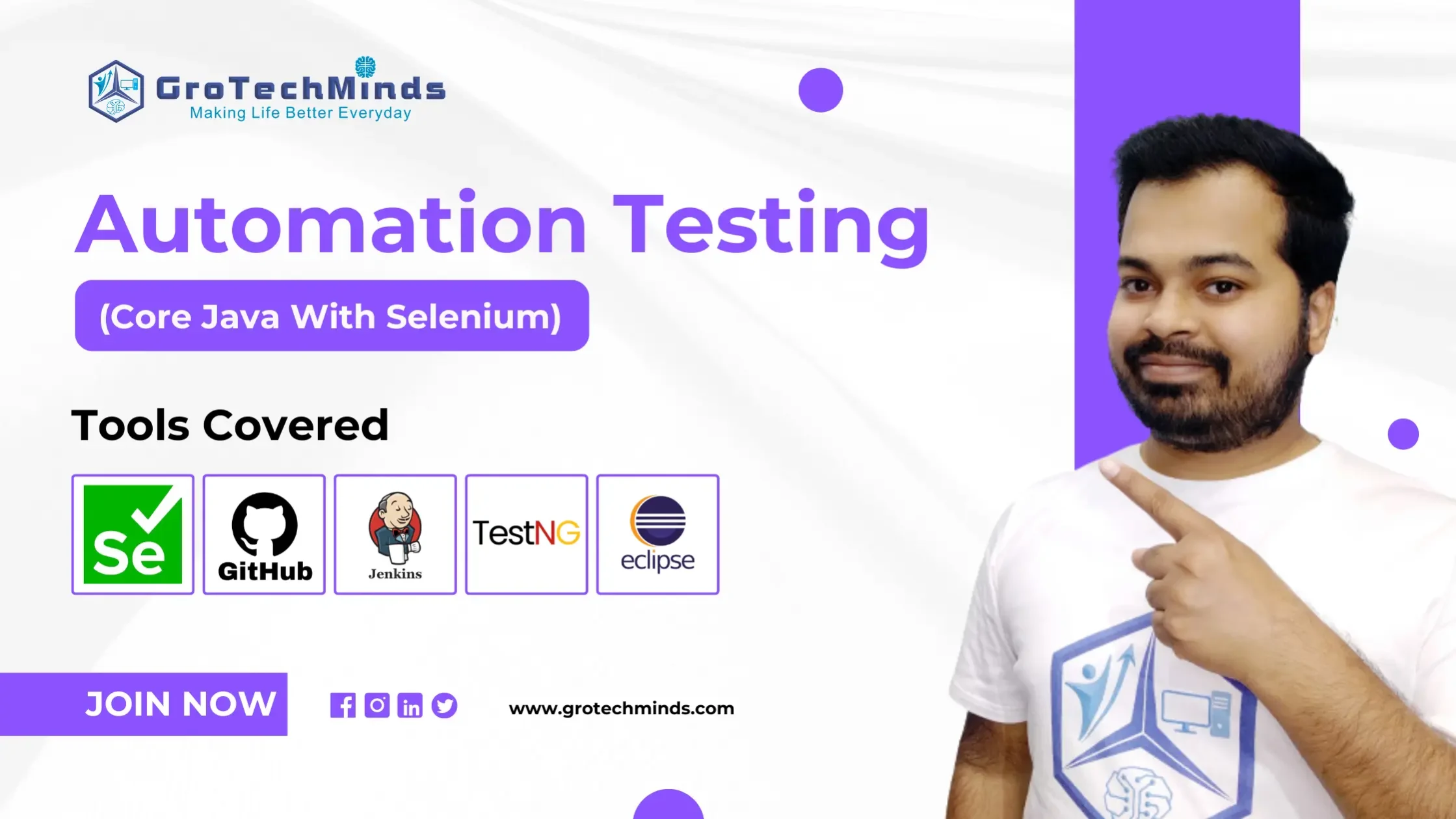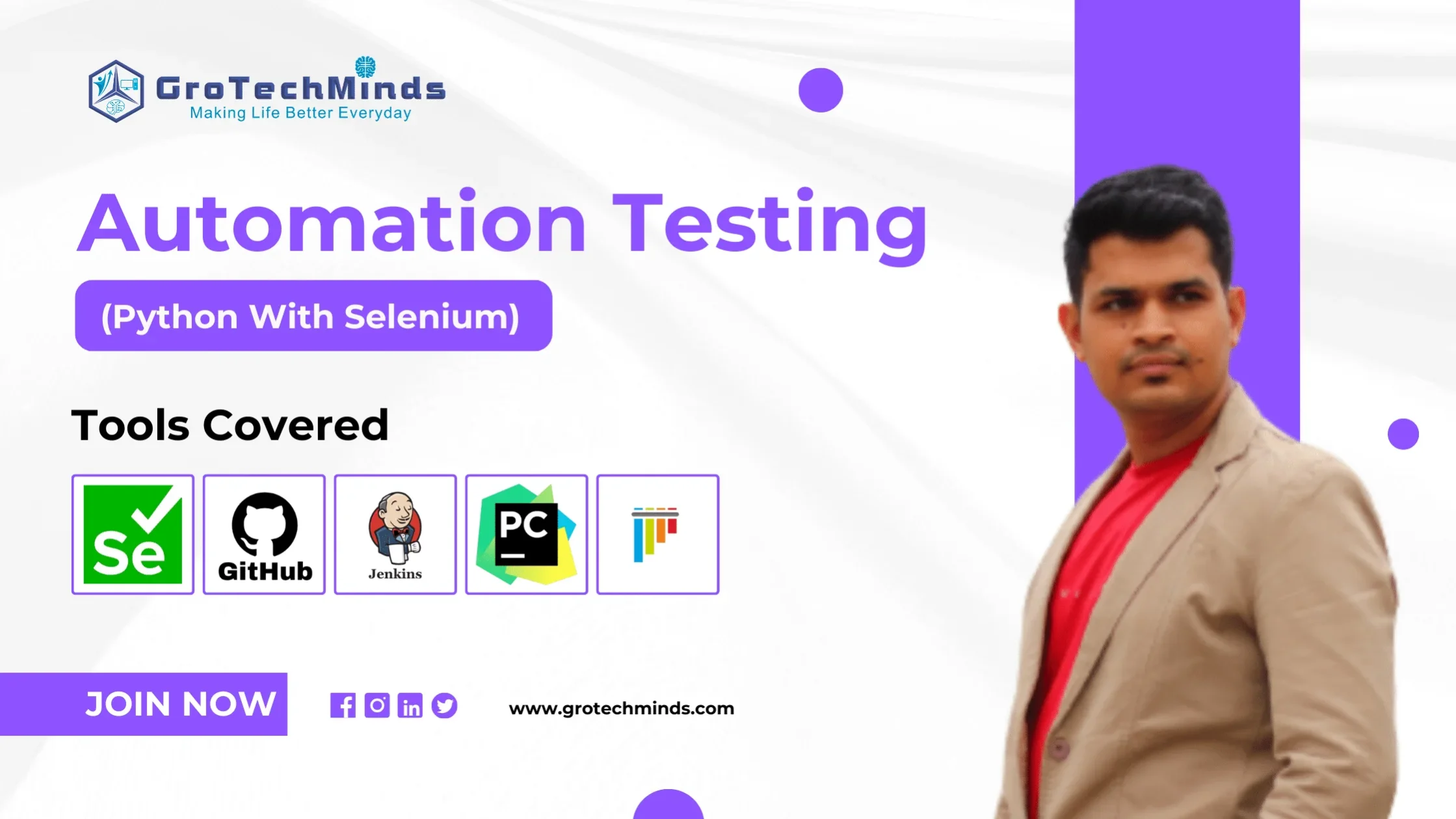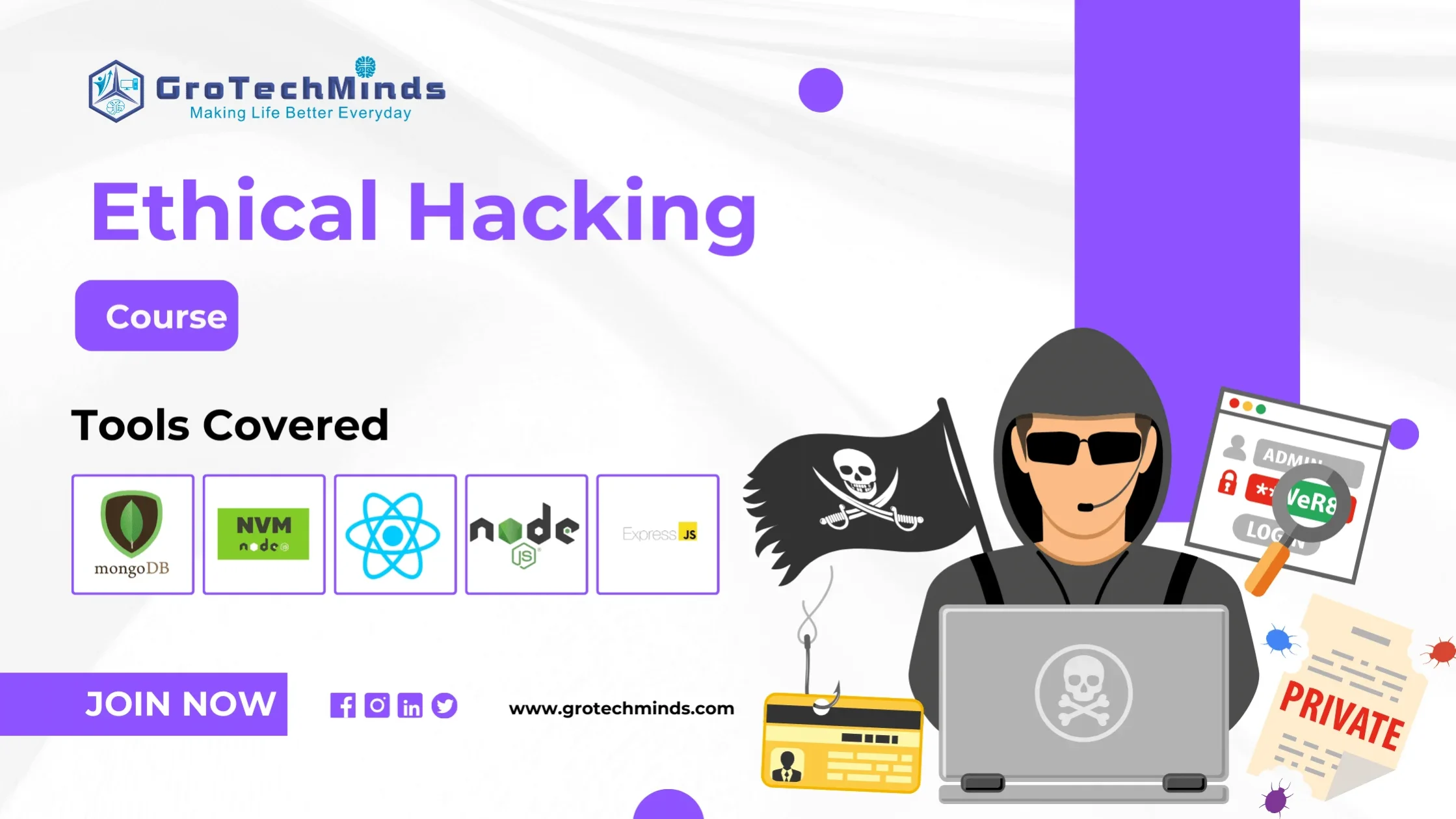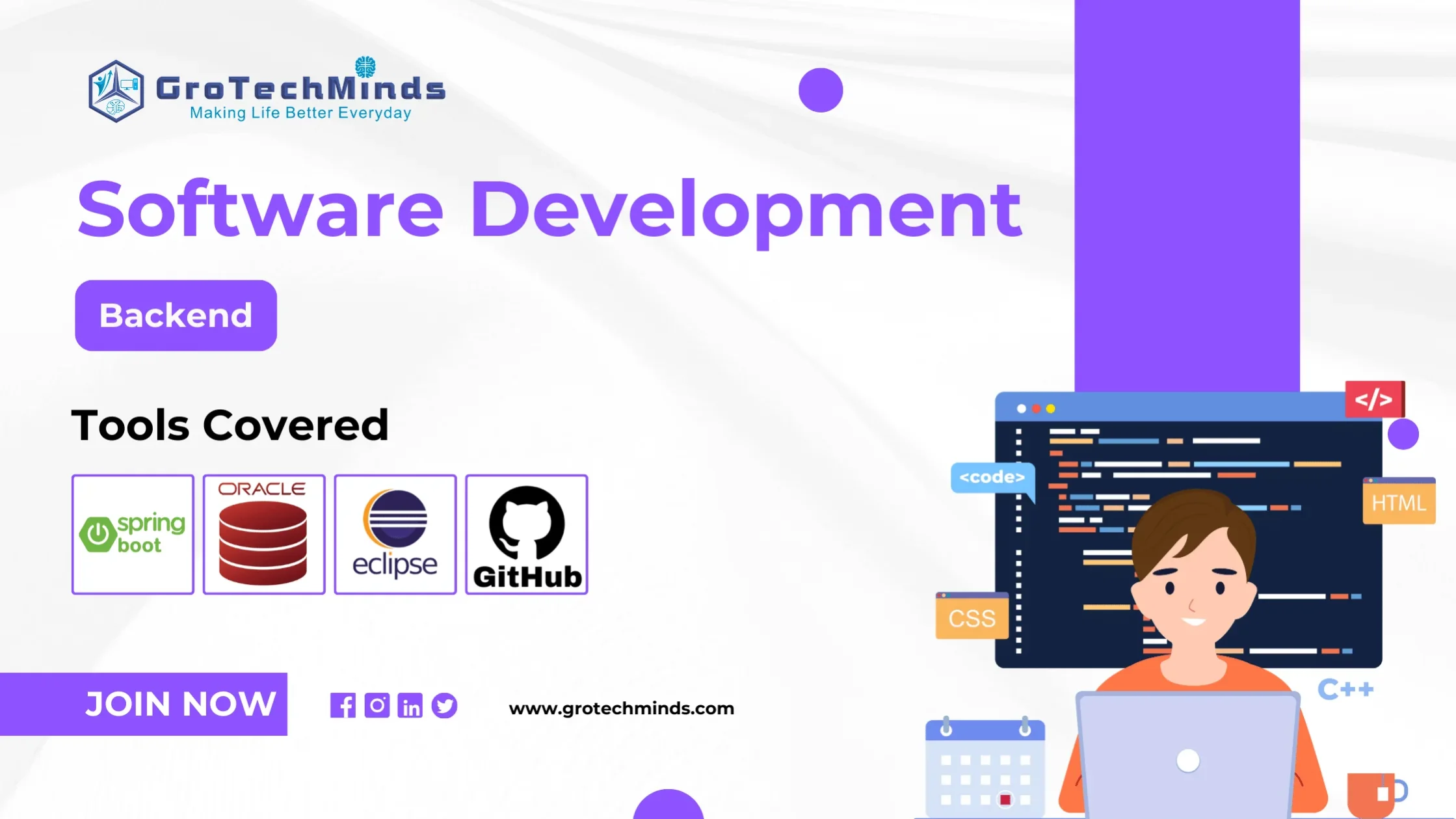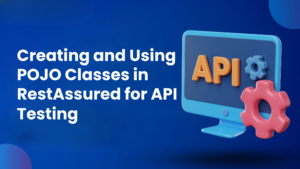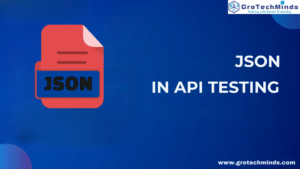

API Testing interview questions
First of all, web development is the process of designing, developing, and updating websites. This approach also entails managing technological elements like capacity and performance.
API: Application Programming Interface. It is a procedure which enables software components to communicate and transfer data and it allows communication between two applications. When the UI is absent postman tool is used as a client to test the application.
Soap: Simple Object Access Protocol, we can communicate with any server. This uses http methods, XML based protocol, and uses xml format only. Response time is more and not best for CRUD operations.
Rest: Representational state protocol. Rest API is popular nowadays. It uses XML, JSON, HTML, Text, JavaScript. Response time is less. Best for CRUD operations.
API testing validates Application Programming Interfaces. It is used to check the functionality, performance and security of the programming interfaces. It mainly focuses on the business logic in applications, where UI is absent. GUI is mainly focused on look n feel, but API focuses on response time security and business logic.
This is a simpler and quite easy API. When we automate rest api it is called restful services. When a request is sent from the client, an appropriate response is sent back from the server. To automate rest api we need rest assured libraries. Usually contains a json body. To create, read, update and delete information restful service uses http methods like get,post,put and delete.
- API provides the security.
- API checks the authentication and the data that we are passing.
- We can hit lots of APIs in less time, so time effective.
- API helps to avoid data breaching.
- We can use the response of one API to another API.
Easy navigation and menu item accessibility on every page are hallmarks of a successful website. Additionally, intuitive navigation makes it easier for visitors to navigate a website.
Intuitive: It should be able to foresee your visitor’s thoughts and provide for their immediate wants. Furthermore, it’s critical that your website has a landing page specifically tailored to your visitors’ searches.
End points are the different service urls which are used to hit the URL with domain uri. It’s a way for different systems and applications to communicate with each other , by sending and receiving information via the endpoint.
- GET- used to get the data
- POST- used to create data
- PUT- used to update the data
- DELETE – used to delete the data
- PATCH – used to update partial data
Status codes represent the response, whether the http request has been successfully completed. These are successful responses (200-299), server-side error responses (500 -599) and client side error responses (400-499). Redirection messages (300-399), Informational responses (100-199).
We pass the data in Rest API testing in the form of JSON format. This is language independent. JSON data is in the form of key n value pairs separated by a colon.
JSON data can be easily sent between computers, and used by any programming language. We can send a JavaScript object in pure text format.
Authentication involves confirming the identity of the client sending a request. some APIs require auth details . It will be more robust and stronger. In market different types of autherisation avilable.
Represents the Query parameter. This query parameter helps us to query based on certain criteria. We can filter the data. We can limit the results by giving query parameters. We can filter the result by giving this. In the params tab we can give a query parameter.
API is used to communicate between two systems. We pass the http request, Json body, header and auth details to send the request. It’s used to send data to the server. By sending various request bodies we can test the application behaviour.
Response body contains the data sent by the server. It contains the status codes, time duration and errors . if any errors are there it will give the details.
Reusability, reduce the complexity, open close principle – it says that don’t change the old functionality to add new functionality. single responsibility principle -improves the reusability and efficiency.
- We verify the application behaviour as expected and actuval deviation.
- Verify the status codes.
- Verify the schema format. Time taken (response time).
- Size of the response body. And error handling details.
All web applications come under 3 layer architecture .In this we will have a client layer that can be called as presentation layer Database layer in between these two we will have business logic layer or middle layer.
When we send the request from client layer , corresponding business logic will be executed business logic layer contain business logic in the form of programs depends upon your type of request corresponding business logic will be triggered and that will pass your request to the server which is database server and again business logic will get the data and provide the response to the client.
Business layer will act as the mediator between client and server.
Client is a machine from which we can initiate the request and it’s a physical computer, we can just pass the request from the client.
A server is the storage area which is also a physical computer which contains actual data. Whenever we send the request to the server there will be some service which will actually fetch the data and provide a response.
Server means physical machine where actual web pages , data , record and everything is available on the server.
We can send requests through the browser or postman tool. They act like clients.
In another word Client is a place where we can initiate a request and see the response and server is a place where exactly all the data and pages will be stored and from where we get the response to the request.
Finally, API testing interview questions are essential to examine a candidate’s knowledge of API ideas, testing procedures, and problem-solving abilities. These questions examine the candidate’s ability to work effectively with APIs by delving into subjects such as REST, SOAP, authentication, and error handling. Successful candidates will have a strong understanding of both theoretical ideas and practical application, demonstrating their ability to ensure the dependability, security, and usefulness of APIs in a variety of circumstances. Overall, well-crafted API testing interview questions assist organisations in identifying people who possess the necessary ability for success in API testing roles.
Upskilling in manual testing with current industry trends makes you stand out in the industry. In GroTechMinds, we guide you from the basics to the advanced level with the top trainers in the industry to become the perfect software tester as per the current industry. Check out our manual testing online course with API and SQL to become proficient in software testing.
Consult Us



